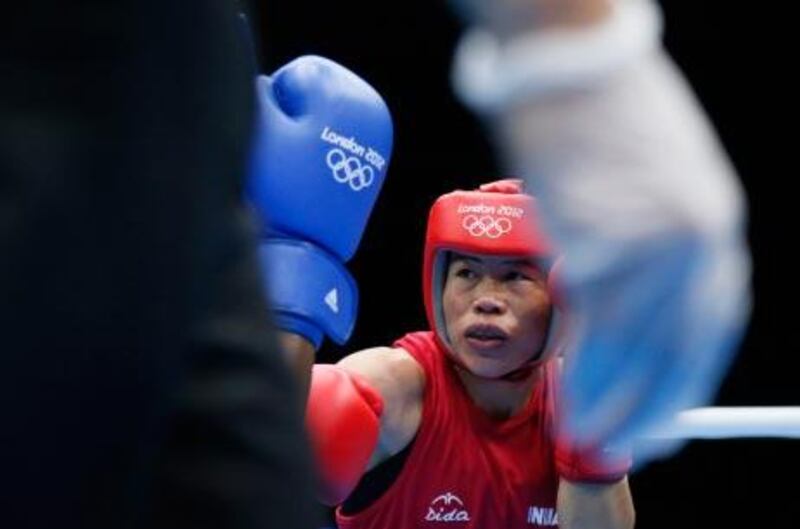If you believe Randhir Singh, the secretary general of the Indian Olympic Association, India sport has "arrived".
A six-medal haul from the London Games is supposed to be proof of that. Never mind that the country failed to win even one gold, as it did at Beijing 2008. Two silvers and four bronzes apparently constitute a great leap forward.
Some of the triumphalism in the India media during and after the Olympics was also woefully at odds with reality. Saina Nehwal may have been the best of those not wearing China shirts in the women's badminton, but the medal she won was bronze and not gold. That the six medals won equalled the combined total from seven previous games was merely a commentary on how far back Indian sport languishes.
Many in the sporting fraternity like to take aim at cricket and its place at the heart of India's athletic culture for failings in other arenas. Those making these allegations usually come from sports that once enjoyed the same kind of popularity.
Instead of asking why India hockey - which won the last of its eight Olympics gold at Moscow in 1980 - and football languish at such mediocre levels, they prefer to blame the attention that cricket commands.
If cricket has thrived, it's because it is largely free of interference from the government. It may be politicians who decide whether India can play Pakistan in a cricket series, but as far as most day-to-day matters are concerned, cricket administration remains independent of policy makers' whims.
Hockey and football are where they are today because of terrible administration. In 1994, the year in which KPS Gill, cop-turned-bureaucrat, took over the Indian Hockey Federation, India was fifth at the World Cup. By the time he was ousted, after 14 years, India failed to qualify for the Olympics.
Ric Charlesworth, who has had considerable success coaching both Australia's men and women, spoke to this correspondent about the Indian attitude a few years ago, before an ill-fated stint as a consultant with the Indian team. "The mistake that India has made is that it has been too isolated, too unwilling to look outside," he said. "India has huge numbers, huge resources, and gifted players. But they don't have the organisation, the discipline, the tactics - things that are important for the team to be successful. They have been unwilling to embrace anybody from outside, or take on other ideas. The game is always evolving and even if India has gifted players, that isn't enough."
Those involved with sports federations in India are fond of reeling off numbers about the millions invested. What they won't tell you, given how endemic is corruption, is how much of this money actually reaches athletes and coaches. They won't tell you how many "officials" go to major international events as freeloaders while athletes stay home.
Corporate India has lately started to spend more on sport, but compared to the sums used to sponsor cricket, the amounts involved are often trivial. PT Usha, who nearly won bronze in the 400m hurdles at Los Angeles, coaches Tintu Luka, who narrowly missed the final of the 800m in London. Usha has for years sought funds for her academy. In non-Olympic years, however, most of her calls go unreturned.
The biggest roadblock for Indian sport, however, is space, or the lack of it. Most government-run schools don't have anything remotely resembling a playground, or an athletics programme. The open spaces where kids used to play before are rapidly being swallowed up by real-estate sharks. Cricket skills can often be learnt in a corridor or alleyway. But without tracks and fields of green, or the will to make room for them, India will have no choice but to celebrate the crumbs it gets off the Olympic table.
Follow us
[ @SprtNationalUAE ]





